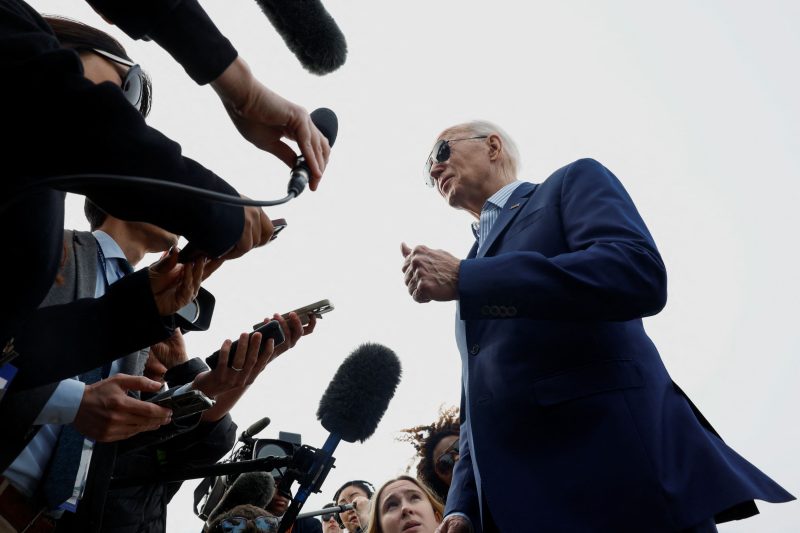Content:
As one of the most rapidly proliferating social networking apps, TikTok – owned by ByteDance, a Beijing-based company – has been facing severe scrutiny in the United States. In the wake of increasing concerns about cybersecurity and data privacy, President Joe Biden has indicated he would be willing to sign a bill that could potentially ban TikTok if such a proposal is pushed through Congress.
This comes as no surprise, as it mimics the viewpoint of the previous administrative reign. The former US President Donald Trump also sought to ban TikTok in the US citing similar concerns over national security and data privacy. His administration’s move was based on the presumption that the Chinese government could potentially commandeer TikTok’s user data, thereby posing substantial risks to American users.
While President Biden initially backed off from the idea of banning TikTok upon taking office, the reintroduction of such a consideration shows a shift in his stance. His stance echoes that of a bipartisan bill recently introduced by the Senators, Amy Klobuchar (D-MN) and John Kennedy (R-LA), which strives to restrict social media platforms from collecting personal and proprietary information on users under 16.
President Biden’s reconsideration of a potential ban on TikTok reflects the mounting pressure on social media platforms to enhance their data privacy rules. It is crucial to mention here that while some perceive this as a move against China, others view it as an opportunity for reformation in data privacy and security across the digital sphere.
However, TikTok maintains an adamant position in asserting its independence from the Chinese government as well as its commitment to user privacy. In fact, the app had already taken steps to separate its US operations from the rest of its operations worldwide in an effort to mitigate these concerns. TikTok has also stated that it utilizes rigorous access controls to protect user data and that its data centers reside in the US and Singapore, thereby lending no authority to Chinese law.
While the fate of TikTok in the United States remains uncertain, the situation underlines the ongoing battle between data privacy, technology, and national interest. As this saga continues to unfold, it is evident that social media companies, governments, and users alike must grapple with the balancing act of harnessing the benefits of technological advancement, while also ensuring that personal data remains secure and private.
In an era where social media platforms wield unprecedented power, the need for proactive measures to uphold data privacy has never been greater. Whether such a bill passes in Congress and how TikTok confronts this potential threat will undeniably shape the landscape of legislation and data privacy in the digital age.
